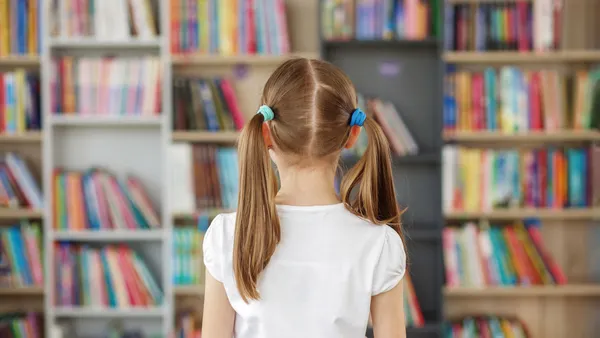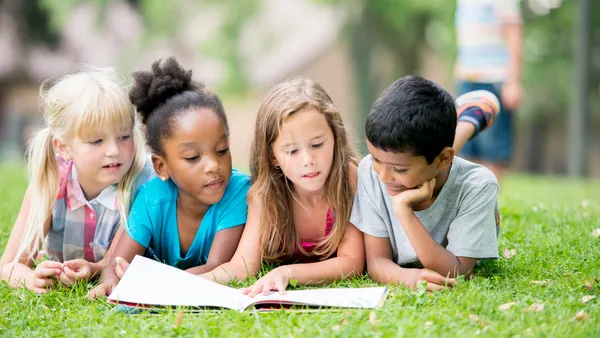Dive Brief:
-
Schools must weave social and emotional skills into classroom lessons for their overall educational success, EdSource reports, referencing a recent report from The Aspen Institute’s National Commission on Social, Emotional and Academic Development.
-
Educators who spend time working with students on skills like controlling their behavior or exercising empathy is a good step, but working these lessons seamlessly into academic material is even better.
-
To support teachers as they bridge the gap in their classrooms, professional development should be considered along with teacher training and educational programs.
Dive Insight:
Respect for others is almost the first lesson every child learns when they start their academic careers. Schools don’t operate well when students — as well as adults — don’t follow the rules and expectations set out for them. But more importantly, they don't operate well when students don't practice SEL skills like empathy, teamwork and communication.
Weaving these skills then into classroom assignments — rather than as stand-alone expectations — can help students adopt a “more thoughtful and discerning approach to life,” as research from the Greater Good Science Center at UC Berkeley found. There, students in elementary, middle and high school successfully brought social and emotional skills into lessons on engineering, literacy, history and math.
This focus — where emotional and social skills are weighted as heavily as academics — may also prepare them for a future where their work and their social behavior are never going to be exclusive. It’s hard to imagine someone successful in their career without treating coworkers — and superiors — with respect. And that may be seeded best in the classroom.










